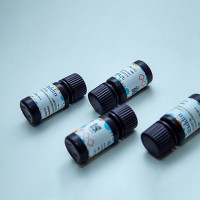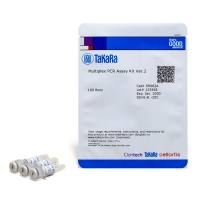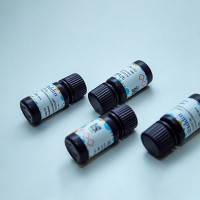Rapid Development of a Quantitative-Competitive (qc) RT-PCR Assay Using a Composite Primer Approach
互联网
568
The extraordinary sensitivity of reverse-transcriptase-polymerase chain reaction (RT-PCR) makes it a powerful technique for specific mRNA detection, particularly when tissue availability is limiting, and when the mRNA to be detected is present in low abundance. A disadvantage of standard RT-PCR with respect to less sensitive techniques such as Northern blot is that it is only semi-quantitative, because of the kinetics of PCR product accumulation. Exponential amplification occurs only at early cycles below the level of detection by standard ethidium bromide-stained agarose gel electrophoresis. In the later cycles, amplification efficiency decreases because of depletion of nucleotides and primers, progressive denaturation of the polymerase, and a shift in the equilibrium of template denaturation, which favors association rather than denaturation of the template DNA strands as product concentration becomes high. This results in a “plateau effect,” such that there is no linearity in the relationship between product yield and initial template.







